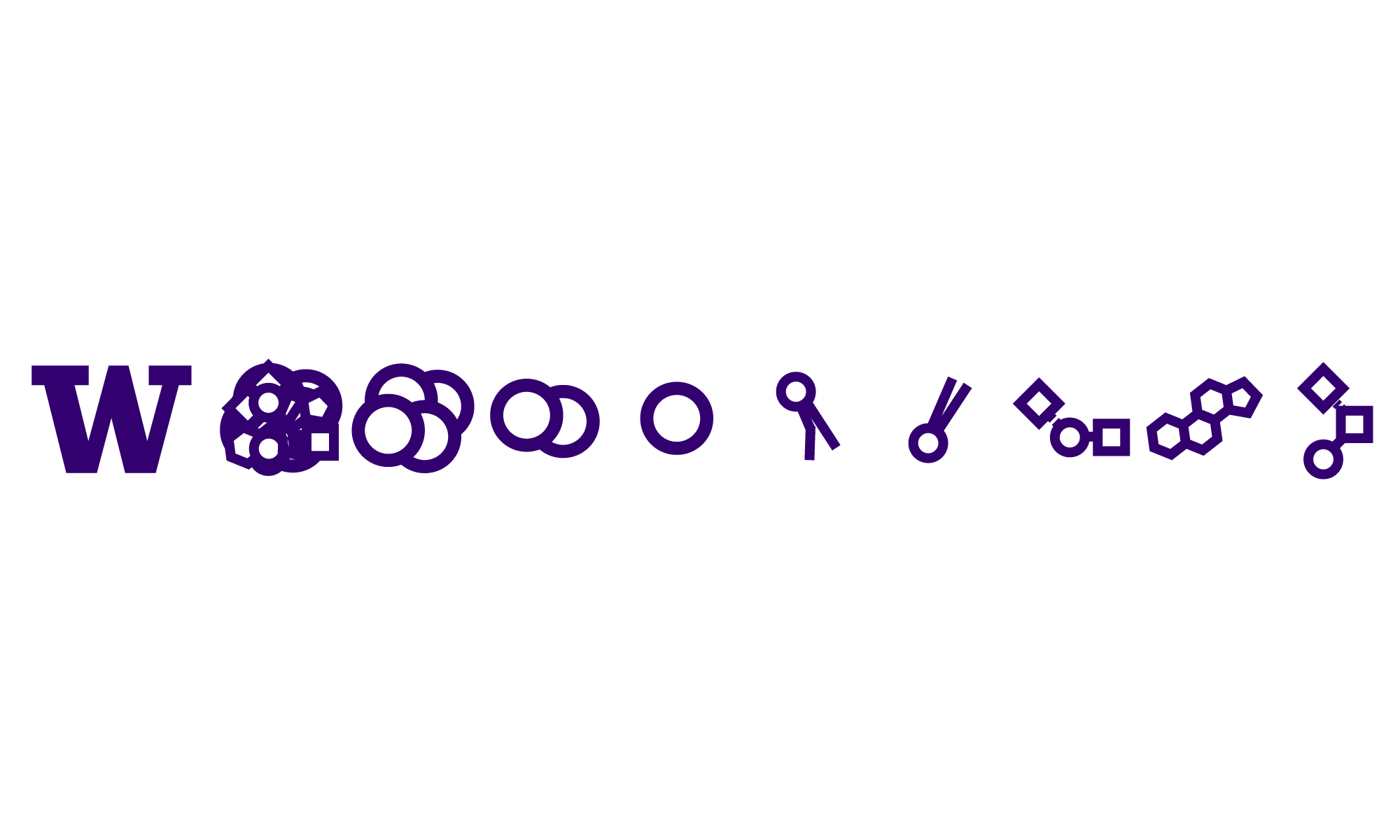Ion mobility (IM) is a suite of technologies that leverages fundamental ion-neutral interactions, is complementary to mass spectrometry (MS), and shares the core strengths of sensitivity, selectivity, and speed. Seattle is home to a vibrant IM-MS community. The vision of Mobility Enabled Science in Seattle (MESS) is to leverage the expertise and resources of this community to advance the contributions of IM to the environmental, health, and physical sciences.
See Events for information on upcoming events. To learn more about our group or join our mailing list, please contact us at mess@uw.edu.
